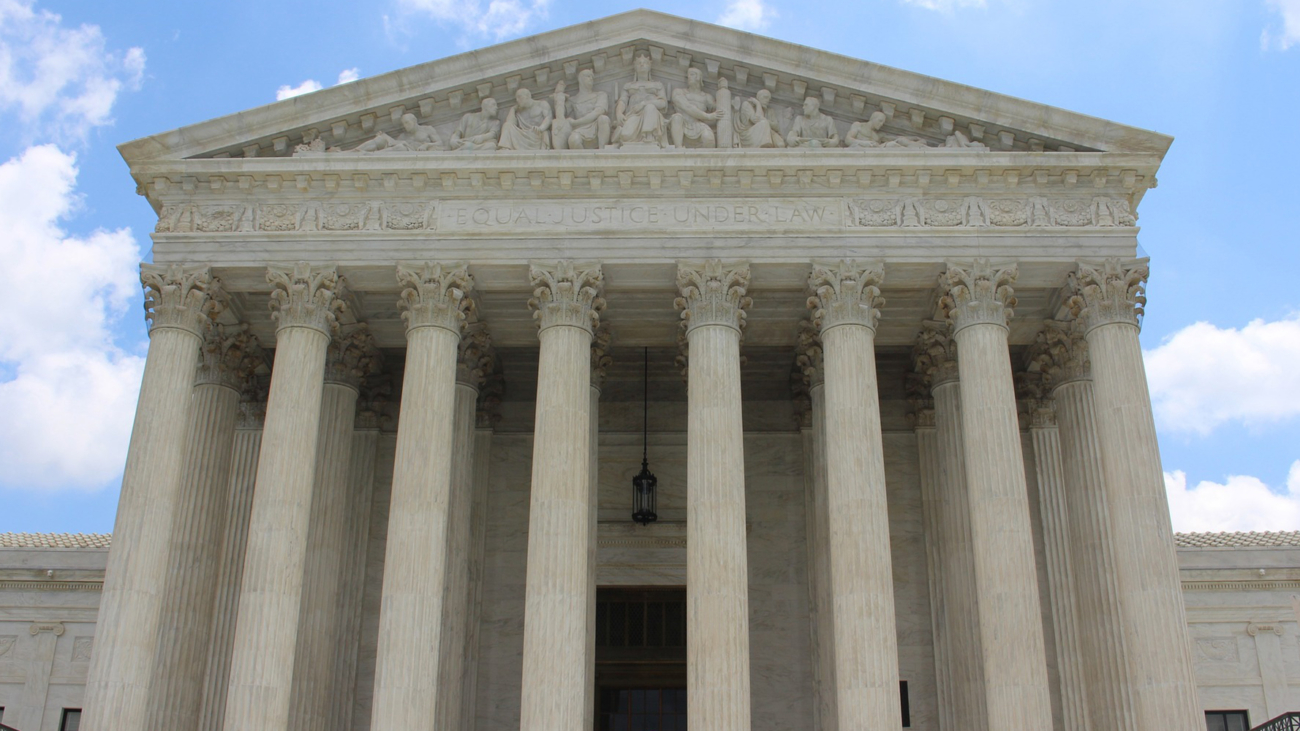Attorneys representing organizations or health care providers frequently come across a scenario during which federal law enforcement officers seek to interview employees of the corporation. As an advocate, the attorney for the organization has an obligation to vigorously represent the interests of the organization. See ABA Model Rule of Professional Responsibility 1.13, Organization as Client (“A lawyer employed or retained by an organization represents the organization acting through its duly authorized constituents.”)’ So, the notion of permitting federal law enforcement officers to swarm an office building and go hog wild with the client’s employees and proceed with interviews which more closely resemble interrogations is probably not in the best interests of that client. Obvious enough. But, witnesses do not belong to either party. Each party should be given equal access to witnesses and counsel for the organization does not want to act in any way that might be considered obstructive. See ABA Criminal Justice Defense Function Standards, Standard 4-4.3, Comment (“Because witnesses do not “belong” to either party, it is improper for a prosecutor, defense counsel, or anyone acting for either side to suggest to a witness that the witness not submit to an interview by opposing counsel.”) But what happens when the Government or its agents insist on moving forward with certain interviews of employees when they know the corporation is represented?
- DOJ Guidelines and State Ethics Rules vs. Federal Courts
Department of Justice internal guidelines broadly address communications with employees of represented organizations:
The contacts rules vary from state to state in how they define a “represented person” when that “person” is an organizational entity. Some states prohibit communications only with those high-level employees who can bind the organization in the matter on which the organization is represented. Other states prohibit communications concerning the matter in representation with persons having managerial responsibility on behalf of the organization. Many states prohibit communications with any person whose act or omission in connection with that matter may be imputed to the organization for purposes of civil or criminal liability. And a number of states preclude contact with a corporate employee or constituent whose statement may constitute an admission on the part of the organization.
See Department of Justice Criminal Resource Manual 296, “Communications with Represented Persons – Issues for Consideration.”
One of those states is Florida. Florida Rules of Professional Conduct governing these scenarios state that
In the case of a represented organization, this rule prohibits communications with a constituent of the organization who supervises, directs, or regularly consults with the organization’s lawyer concerning the matter or has authority to obligate the organization with respect to the matter or whose act or omission in connection with the matter may be imputed to the organization for purposes of civil or criminal liability.
See Florida Bar Professional Rule of Conduct 4-4.2, Comment
Despite these DOJ internal guidelines and state ethics rules specifically acknowledging that state rules of professional conduct governing communications with represented persons and organizations, including employees of represented organizations, apply to federal prosecutors, federal courts have consistently held that pre-indictment, non-custodial interviews with employees of represented organizations are not contrary to professional rules of conduct and do not warrant suppression of employee statements when the government agent or attorney does not know that the employee is represented by counsel at the time of the interview. U.S. v. Powe, 9 F.3d 68 (9th Cir.1993); In Re Disciplinary Proceedings, 876 F. Supp. 265, 268 (M.D. Fla. 1993); See also United States v. Marcus, 849 F.Supp. 417, 422 (D.Md.1994) (citing United States v. Sutton, 801 F.2d 1346 (D.C.Cir.1986); U.S. v. Lemonakis, 485 F.2d 941 (D.C.Cir.1973); U.S. v. Heinz, 983 F.2d 609 (5th Cir.1993);U.S. v. Fitterer, 710 F.2d 1328 (8th Cir.1983);U.S. v. Ryans, 903 F.2d 731 (10th Cir.1990);United States v. Joseph Binder, 167 F. Supp. 2d 862 (E.D.N.C. 2001) ((pre-indictment discussion between agents and an employee represented by an attorney in a matter separate and apart from the criminal investigation).
Remarkably, in Powe, the Ninth Circuit concluded that a professional rule was not violated and that the tape recording of defendant’s conversation with a confidential informant was admissible when the government used that same informant to obtain statements from defendant prior to an indictment but after counsel for the defendant sent a letter to the AUSA stating that all contacts by investigators with defendant must be made through counsel.
Similarly, in In Re Disciplinary Proceedings, the court held that the professional rule was not violated when agents interviewed a current employee of a corporation that was the ongoing subject to a grand jury investigation even though agents knew that the corporation was represented by counsel. Yet, the district court also highlighted that the agents specifically informed the employee that she had a right to an attorney prior to conducting the pre-indictment interview.
- Statements Can Be Imputed to the Organization
Employees of a represented organization, especially managers, may be in a unique position to make statements that will later be imputed to the organization to establish civil or, worse yet, criminal liability. For instance, employee statements under the Federal (and state) rules of evidence may be directly imputed to the organization. See Federal Rule of Evidence 801(d)(2)(D) (a statement is a non-hearsay statement if the “statement is offered against an opposing party and was made by the party’s agent or employee on a matter within the scope of that relationship and while it existed.”).
Further, in many employee interview scenarios, the employee is not in custody and is free to leave. The employee might be in his home. Notwithstanding the fact that they may legally “out of custody,” these uninformed, random employee interviews have the potential to seriously undermine the corporation’s critical interests given that acts or omissions of most employees – especially managers – may be imputed to the organization, One act of course that may be imputed is the act of making an incriminating or inculpatory statement to a federal law officer.
Therefore, because of this incongruity between DOJ standards and federal jurisprudence, counsel for the corporation should put the AUSA assigned to the investigation on notice of the representation as soon as possible and remind the AUSA, if necessary, to advise all agents assigned to the case that the corporation is represented. If the AUSA or a government agents forges ahead, then he or she must be advised that the ethics rules specifically prohibit the proposed communications, that you are not attempting to obstruct or preclude the interview, but that such interview should not be had until the employee has the opportunity to obtain separate counsel.
But, what if the employee wants to speak to the agents, is a possible whistleblower, or has interests which are likely adverse to those of the organization? Those are all complex issues and counsel for the organization should not act in any way to “block” an interview of an employee who wants to freely speak with the government. Nor should counsel attempt to knowingly impede an interview of an employee with interests adverse to the organization. But these points are subordinate to the critical point here which is that Government efforts to interview employees of represented organizations are a clear violation of established DOJ Guidelines tethered to state ethics rules. For example, in Florida, no “communications” are permitted with employees of represented organizations regardless of whether that organization has been indicted or not. See Florida Bar Professional Rule of Conduct 4-4.2. That means no interviews period and Florida is not alone.





